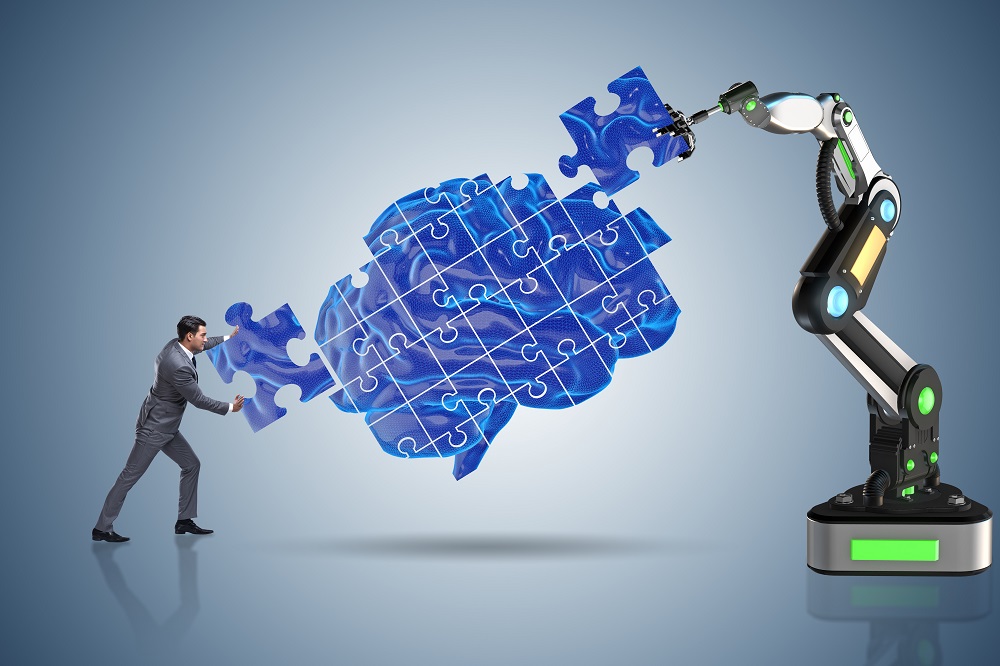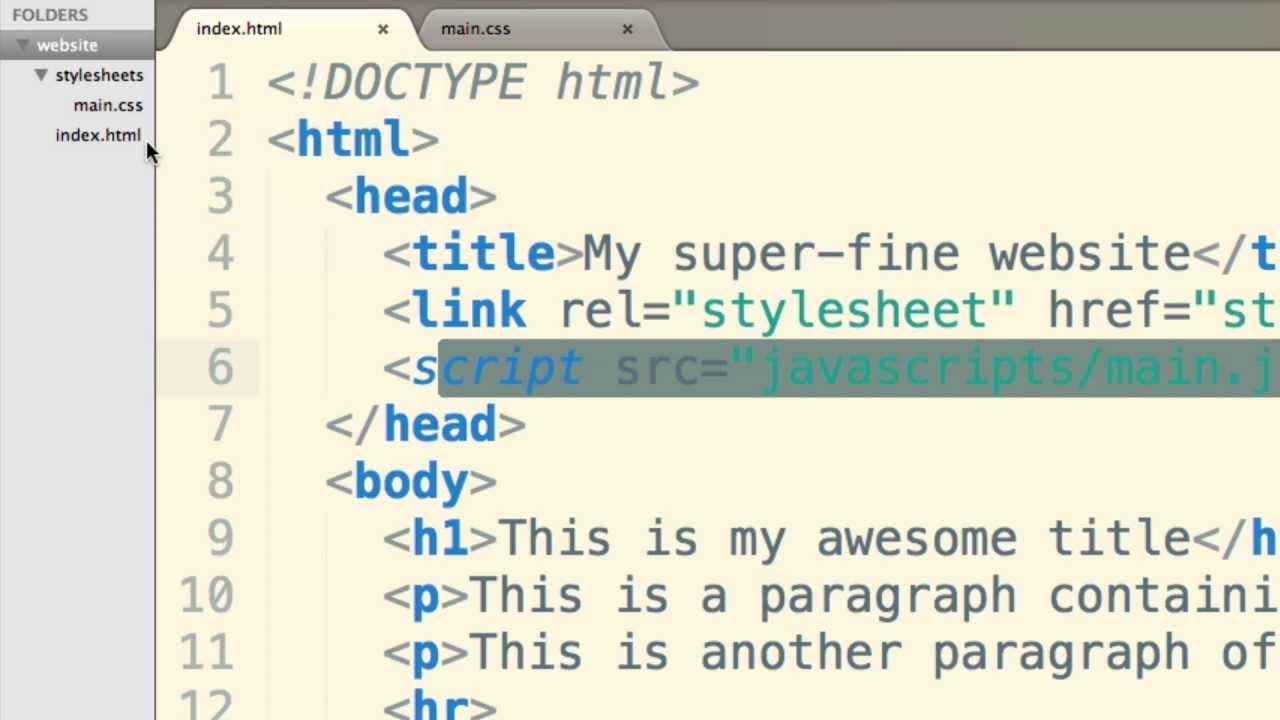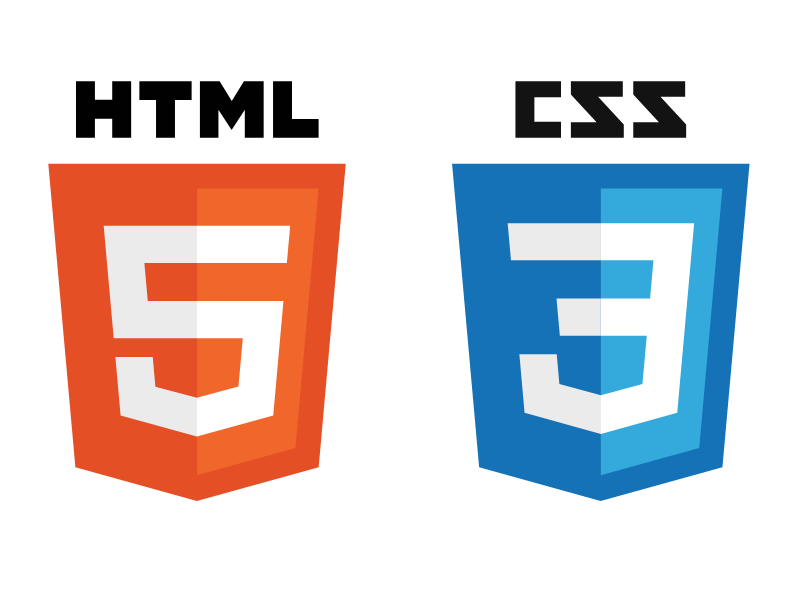Artificial intelligence has been a staple of sci-fi for years, and we’re getting started with its applications. With quantum computing, AI applications can finally become practical and useful. But what are the implications of quantum computing for artificial intelligence? In this article, we will look at some of the potential implications and explore how quantum computing will impact current AI applications.
What is quantum computing?
Quantum computers differ from classical computers because they use quantum bits or qubits. Classical computers can only represent two states, on or off. Quantum computers can have many qubits, which allows them to represent a range of possible values simultaneously. This lets quantum computers solve problems much faster than classical computers.
Some applications that could be improved with quantum computing include artificial intelligence and drug design. AI can perform complex tasks but has difficulty understanding and interacting with natural human beings. With the help of quantum computing, AI could become more sophisticated and able to interact with humans in a more meaningful way. In addition, drug design is also an area that could benefit from the use of quantum computing. Finding molecules that can successfully treat diseases is difficult because it is difficult to know how many atoms are needed for a molecule to work effectively. With the help of quantum computing, this problem may be easier to solve since qubits can store more information than a classical computer.
How will quantum computing change artificial intelligence applications?
Quantum computing has the potential to significantly change the way artificial intelligence (AI) applications are used. Quantum computers can do things that regular computer systems can’t, such as solving certain problems in near-instantaneous timeframes. This could lead to significant advancements in AI applications, including more accurate predictions and faster decision-making. Quantum computing also has the potential to help reduce data processing times and improve accuracy when utilizing AI algorithms.
What are the potential benefits of quantum computing for artificial intelligence?
Quantum computers can be exponentially faster and more powerful than traditional computers. This means that they can solve problems much more quickly and with greater accuracy, which could lead to significant advances in artificial intelligence (AI) applications.
One example of how quantum computing might be used in AI is the development of ‘deep learning’ algorithms. These algorithms can learn to recognize patterns in large data sets by ‘training’ on smaller data sets pre-processed using the algorithm. Deep learning algorithms are currently very effective at recognizing objects, faces, and other types of images, but they could be better at recognizing objects in real-world environments. If quantum computers could be used to improve deep learning algorithms, this would allow AI systems to function better in both virtual and real-world settings.
Other potential benefits of quantum computing for AI include:
- Speeding up the development of machine learning models.
- Assisting with the identification and classification of medical images.
- Aiding the development of autonomous vehicles.
- Facilitating enhanced security features for online platforms such as social media accounts.
How can businesses prepare for quantum computing’s impact on their AI applications?
Quantum computing is a type of computer that uses quantum-mechanical systems, such as qubits. These systems can perform calculations much faster than traditional computers. As a result, this technology can potentially revolutionize many industries, including artificial intelligence (AI).
Quantum computers could enable AI applications to solve problems faster than traditional computers. This would allow them to learn and evolve more quickly, making them better at recognizing patterns or identifying objects in images. In addition, quantum computers could be used to create new algorithms for AI applications.
Some businesses are already preparing for the impact of quantum computing on their AI applications. For example, Google has developed a quantum computer used in its search engine. IBM also plans to use quantum computing in its business solutions division. These companies are working to ensure their products are compatible with quantum computing and have the infrastructure to handle the increased demand.
As quantum computing becomes more widespread, businesses must continue preparations to remain competitive. They must develop new software and hardware solutions compatible with this technology and invest in research and development (R&D) to stay ahead of the curve.
Conclusion
There is no question that quantum computing will profoundly impact artificial intelligence applications in the future. However, when it comes to AI, there is still much that we still need to learn about how it works and what kind of computational challenges are best suited for its execution. As such, quantum computers offer an opportunity to solve some of these mysteries through heavy calculations involving many qubits. This could lead to huge advancements in AI application development, making machines smarter than ever before.





